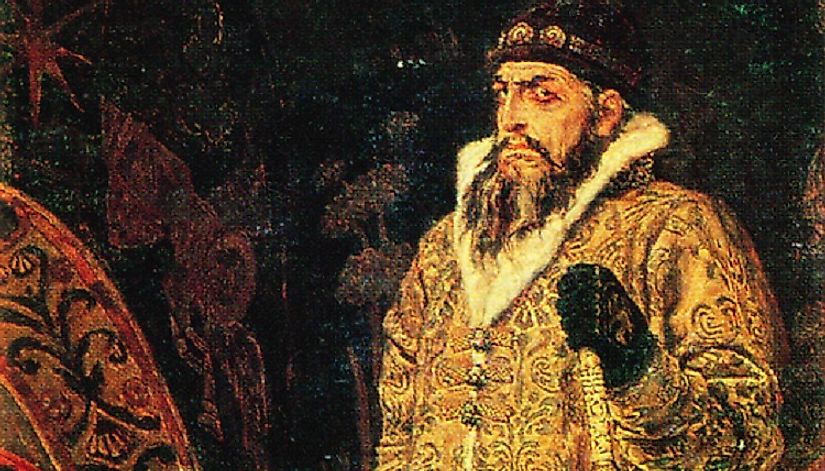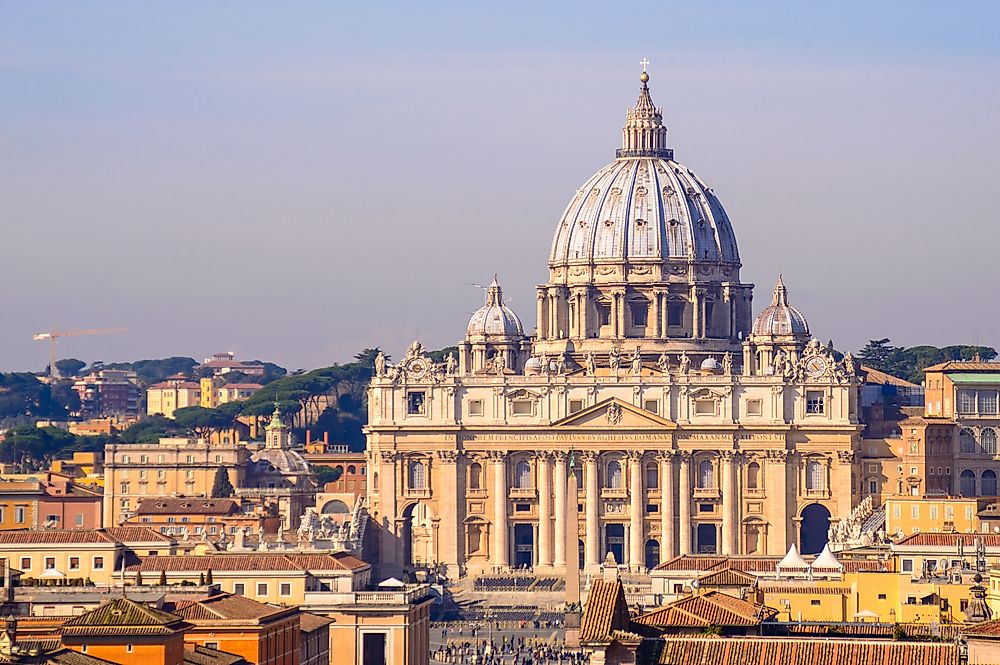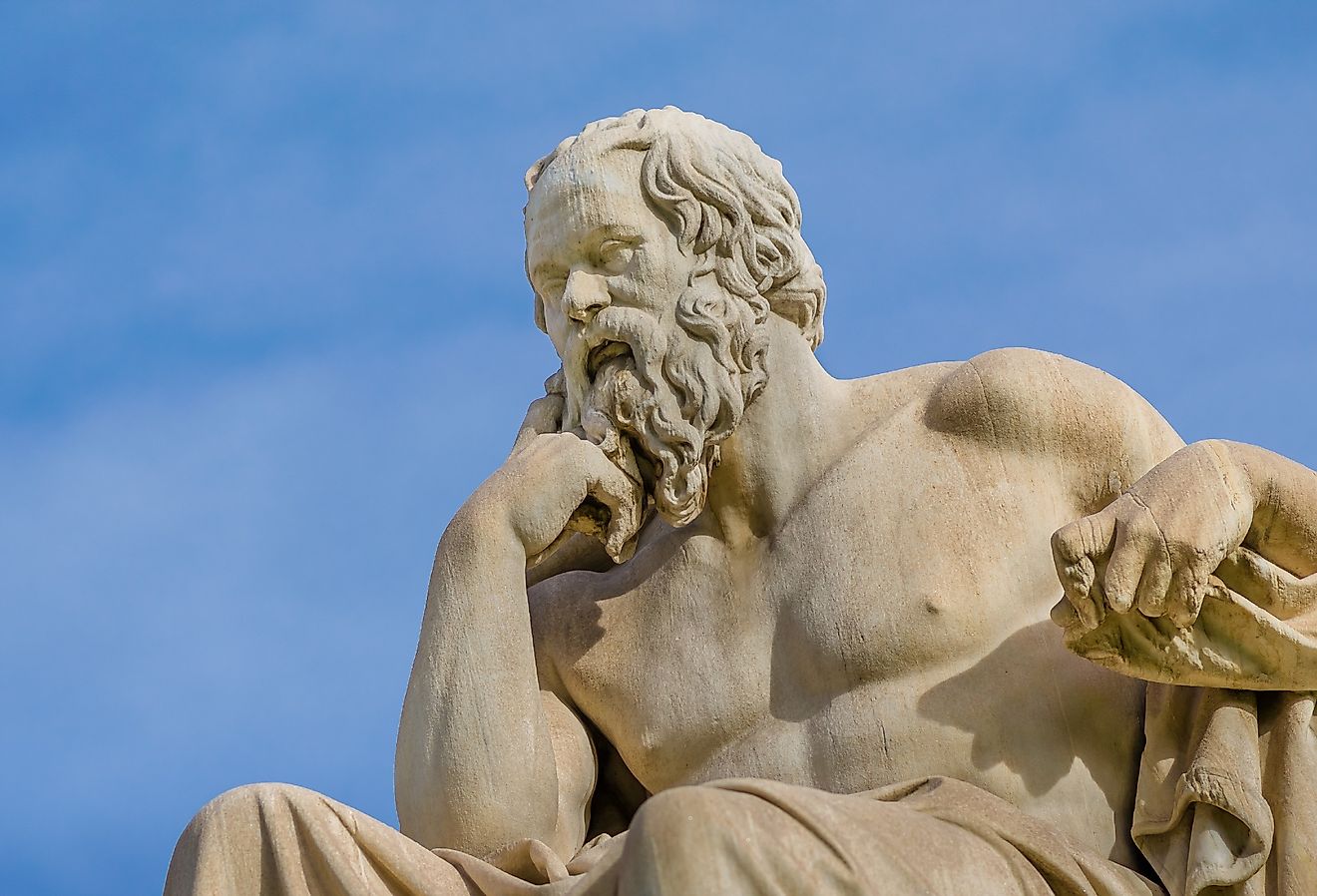Ivan the Terrible - World Leaders in History

5. Early Life
Ivan IV Vasilyevich, who would become more commonly known as "Ivan the Terrible", was born on September 3rd, 1530, in Kolomenskoye, in the Grand Duchy of Moscow. He was the son of Vasili III and Elena Glinskaya. His father died when Ivan was three years old, and he was proclaimed the Grand Prince of Moscow at his father's request. At first his mother served as the Regent, but she too died when he was only 8. She was then replaced by a group of noblemen who fiercely fought for power. Ivan's childhood was thereafter filled with conflict, abuse, violence, and even murders. Ivan was lonely and neglected, and he devoted much of his time to reading and learning.
4. Rise to Power
On January 16th, 1547, at the age of 16, Ivan chose to be the first person crowned as "Tsar of all Russians", establishing him as the one and only supreme ruler of the country, bestowing unquestionable authority unto him, and transforming the Grand Principality of Moscow (then a medieval kingdom of Rus') into the Tsardom of Russia. He secured his power by limiting the power of the aristocracy, and quenched factions among the nobles by centralizing power to himself. He saw unlimited power as a divine right that had been bestowed unto him by God.
3. Contributions
After being crowned, Ivan promptly started a wide range of reforms. He summoned church councils to strengthen and systematize the church's affairs, affirming Orthodox Christianity's importance in all aspects of Russian affairs, and canonized a large number of Russian saints. He also came up with a more detailed legal code to replace the older one in place. He systematically reformed the government, giving each of its primary departments more clearly enumerated duties and powers. He also reorganized military forces, changing the process for appointing commanders into one guided by meritocracy. As a result, Ivan limited the powers of the hereditary aristocracy and promoted the interests of the service gentry, who were given land as recompense for their services to the government. Ivan thus successfully gained a strong following, and further centralized the power in the nation unto the tsar.
2. Challenges
During Ivan's reign, the Russian Tsardom was largely at war. Out of his ambition to expand his territory and trade, Ivan staged a series of conquests into Europe. The unsuccessful Livonian War, waged against Sweden, Lithuania, and Poland, lasted for 24 years and its outcomes were disastrous. Nonetheless, Ivan successfully defeated the Crimean Raids, forcing the Ottoman Sultan and Crimean Khan to forfeit their plans to expand their realms into his lands. Ivan also conquered Siberia, and annexed a large Muslim population. These conquests greatly expanded the Tsardom's territory, but at the same time drained its economy and population. Huge government debts and losses of population resulting from these wars led to the country's decline in terms of resources and manpower.
1. Death and Legacy
Ivan died on March 28th, 1584, in Moscow, at the age of 53, after having suffered from a stroke. He was buried in the Cathedral of the Archangel in Moscow. During Ivan's reign, he transformed a medieval principality based around Moscow into the beginnings of a modern Russian empire. He systematically reformed a loose political structure into a centralized and organized global power. His expansion into Europe had lasting influences on the countries he entered. Russian culture also flourished under Ivan's rule, with Russian printing thriving, and many of the period's writings being passed on to future generations. These transformations would see effects for generations within his lands, as the Tsardom of Russia which he created eventually became the Russian Empire under Peter the Great, a state which would last until the Bolshevik Revolution of 1917 and the establishment of communism under Vladimir Lenin. Ivan is also commonly known for killing his own son and heir, Ivan Ivanovich. The incident gave him the name, "Ivan the Terrible," though the translation of the Russian word grozny into the modern English "terrible" is highly disputable. A title closer to "Ivan the Formidable" or "Ivan the Terrifying" would be more correct.











